Health And Medicine
-

Researchers find high-risk genes for schizophrenia
Using a unique computational framework they developed, a team of scientist cyber-sleuths in the Vanderbilt University Department of Molecular Physiology and Biophysics and the Vanderbilt Genetics Institute has identified 104 high-risk genes for schizophrenia. Read MoreApr 18, 2019
-
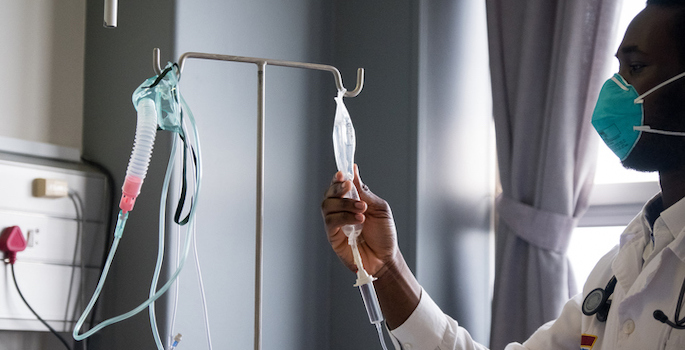
How bugs overcome host defenses
Eric Skaar and colleagues have figured out how a common bug responsible for ventilator-associated pneumonia responds when starved of zinc, a metal it needs to survive, which may lead to new therapeutic targets for the dangerous infection. Read MoreApr 12, 2019
-

Discovery aids search for cancer biomarkers
A report by researchers at Vanderbilt University Medical Center has shattered conventional wisdom about how cells, including cancer cells, shed DNA into the bloodstream. Read MoreApr 12, 2019
-
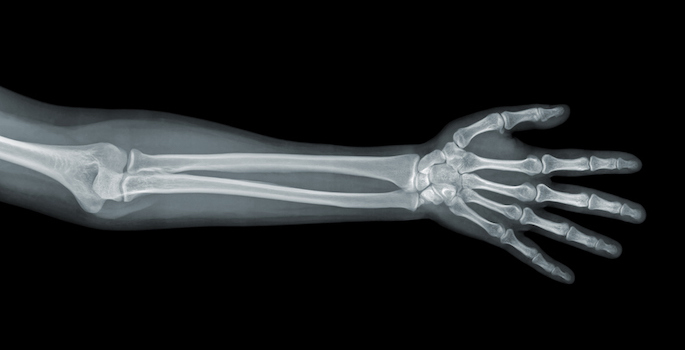
Keeping bone in its place
Jonathan Schoenecker, Stephanie Moore-Lotridge and colleagues have found a new target for treating a condition that causes bone to form in soft tissue, reducing mobility. Read MoreApr 12, 2019
-

The arrestin-GPCR connection
Vsevolod Gurevich and colleagues have discovered new insights into arrestin proteins, which turn off a cell's environmental message "inbox." Read MoreApr 12, 2019
-
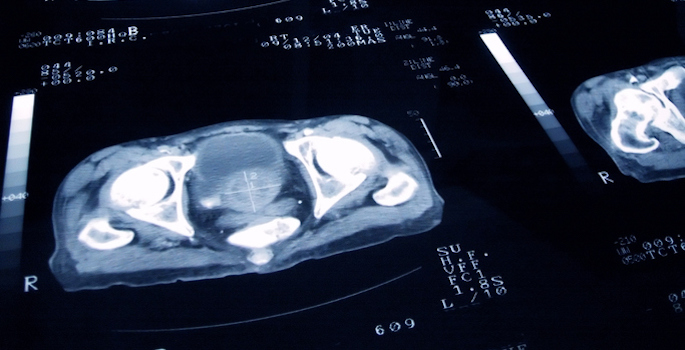
Pathways of radiosensitization
Austin Kirschner and colleagues are learning more about how the cancer drug enzalutamide combines with radiation therapy to treat difficult prostate tumors. Read MoreApr 12, 2019
-

Drug interaction causes hypotension
A commonly used muscle relaxant can cause severely low blood pressure in patients already taking a CYP1A2 inhibitor, such as ciprofloxacin, find Cecilia Chung and colleagues. Read MoreApr 4, 2019
-

Cardiac dysfunction in Duchenne’s
Jonathan Soslow and colleagues have found more clues to why people with Duchenne muscular dystrophy are at risk for a certain kind of heart problem. Read MoreApr 4, 2019
-

Cancer’s SOS
Stephen Fesik and colleagues have uncovered more details about how a crucial component of RAS proteins, which trigger about a third of all tumors, work. This finding will help advance the discovery of new cancer therapies. Read MoreApr 4, 2019
-
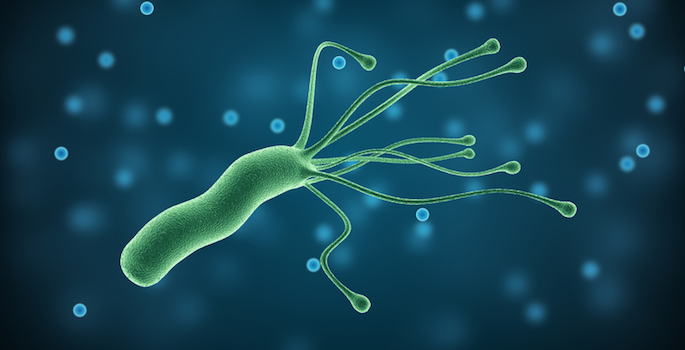
Cancer prevention drug also disables H. pylori bacterium
A medicine currently being tested as a chemoprevention agent for multiple types of cancer has more than one trick in its bag when it comes to preventing stomach cancer, Vanderbilt researchers have discovered. Read MoreMar 28, 2019
-
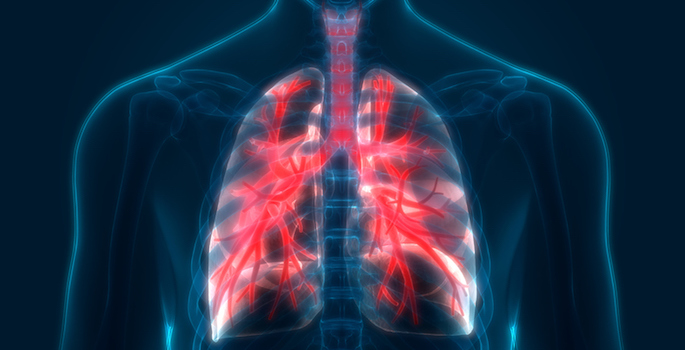
VUMC and TGen receive $6.1 million in grants to study deadly lung disease
VUMC has received significant grants to study pulmonary fibrosis, a progressive and irreversible disease characterized by shortness of breath and a dry cough. Read MoreMar 28, 2019
-

Unraveling endocytosis
Jason McGurn and colleagues have uncovered new insights into the complex and highly coordinated endocytic trafficking mechanism, which is an essential part of many cellular processes including sodium resorption by the kidney and regulation of blood plasma sodium levels. Read MoreMar 28, 2019
-

Treatment resistance of mental disorders studied
A $3.4 million grant from the National Institute of Mental Health will fund Vanderbilt research on treatment resistance in patients with major depressive disorder and schizophrenia. Read MoreMar 28, 2019
-

Perivascular spaces linked to worse cognition
Commonly thought to be harmless, enlargement of fluid-filled in the brain have been linked to cognitive problems in older adults. Read MoreMar 21, 2019
-

Separation anxiety can contribute to toxic body image
Young women with separation anxiety tend to over-rely on external cues to define themselves, which can make them vulnerable to internalizing unhealthy body ideals. Read MoreMar 18, 2019
-

Study aims to predict treatment response in epilepsy patients
Vanderbilt researchers are on a quest to develop early biomarkers of treatment outcomes for patients with temporal lobe epilepsy based on their individual brain networks. Read MoreMar 14, 2019
-

Reprogramming cells for kidney repair
Lauren Woodard and Matthew Wilson have discovered a way to reprogram adult human kidney cells into cells similar to those that form during embryonic development, which could lead to new kidney disease treatments. Read MoreMar 14, 2019
-
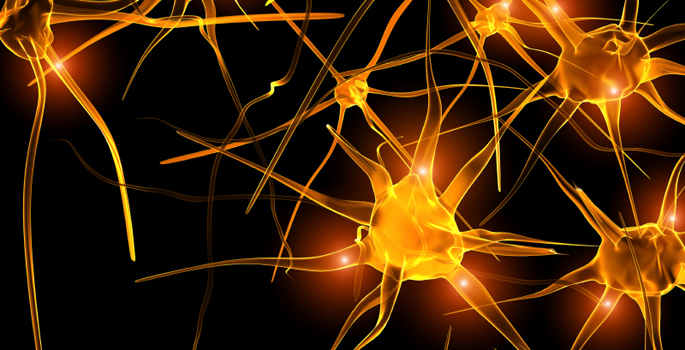
Exploring the brain’s white matter
Though neurological activity is generally associated with the brain's gray matter, Muwei Li and colleagues have now measured it in white matter as well. Read MoreMar 14, 2019
-

Correctly copying DNA
New research into the enzyme topoisomerase II sheds light on how it helps DNA replicate properly. Read MoreMar 14, 2019
-

New way to stimulate learning?
Stimulating the vagus nerve triggers certain epigenetic changes involving learning and memory. Read MoreMar 14, 2019